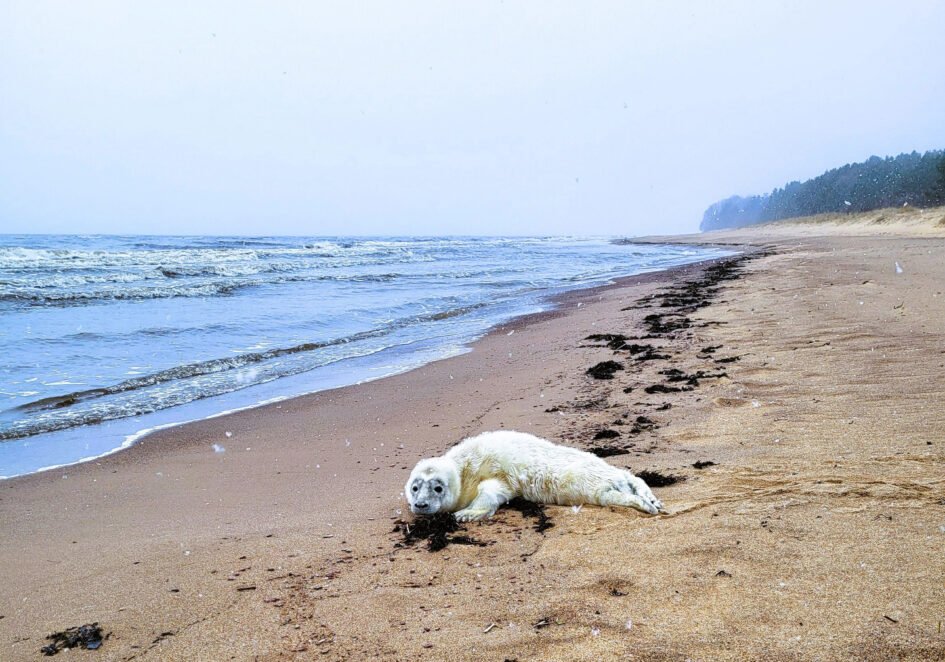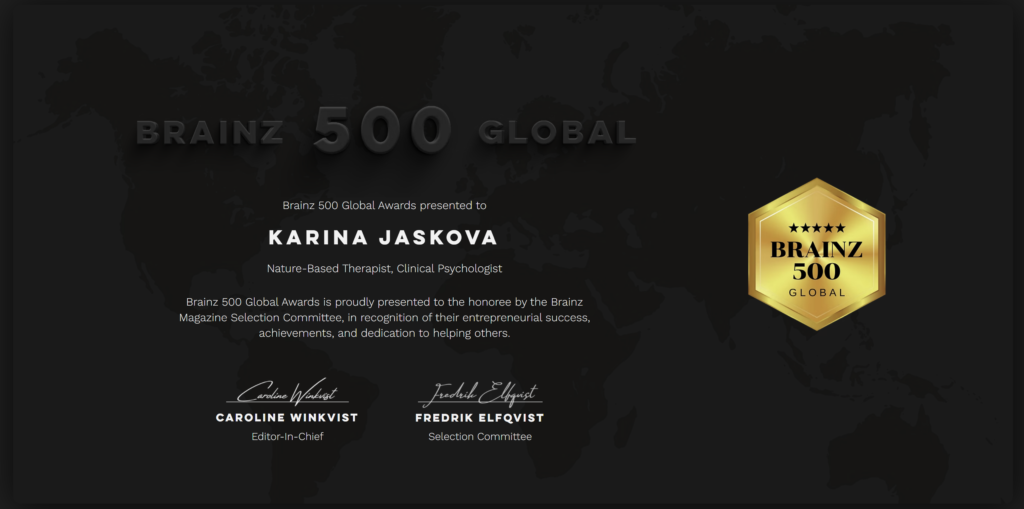The Baltic Sea, the youngest sea on our planet, emerged around 10,000-15,000 years ago as glaciers retreated at the end of the last Ice Age. Enclosed by Denmark, Estonia, Finland, Germany, Latvia, Lithuania, Poland, Russia, and Sweden, it is one of the planet’s largest bodies of brackish water, mixing salt water from the North-East Atlantic with fresh water from surrounding rivers and streams. Its catchment area, four times larger than the sea itself, has evolved into a sensitive, interdependent marine ecosystem with unique flora and fauna, home to over 85 million people. The Baltic Sea, providing food, income, recreation, and well-being, is a shared natural and cultural asset essential to the region’s economic and cultural future.
However, centuries of human exploitation have significantly depleted its biodiversity and ecosystems. About 94% of the Baltic Sea is now affected by eutrophication due to human activities, with dead zones covering an area 1.5 times the size of Denmark. Populations of key species like cod have crashed, the once-flourishing European eel has been fished to near extinction, and the Baltic Harbour porpoise is left with only around 500 individuals. The warmer and more degraded Baltic Sea may also exacerbate climate change by releasing more greenhouse gases than it absorbs. But you can take significant steps to restore the health of the Baltic Sea. This week, I invite you to start your journey toward stewardship of the Baltic Sea.
Objective: This week, embark on a transformative journey as a guardian of the Baltic Sea. Your mission is to deepen your understanding of its ecological significance, the current challenges it faces, and the actions we can take to restore its health. Through this challenge, you will strengthen your bond with the natural world, recognizing our shared responsibility to protect this precious marine environment for future generations.
Instructions:
- Research and reflect: Spend an hour researching the Baltic Sea ecosystem focusing on its flora, fauna, and the challenges it faces such as eutrophication, declining fish populations, and the threat to the Baltic Harbour porpoise. Reflect on the impact of these issues on the sea’s health and on human well-being. Write your thoughts and feelings in a journal.
- Connect with nature: Visit a local body of water (if you’re not near the Baltic Sea, any river, lake, or sea will do). Spend at least 30 minutes there, observing the environment and reflecting on the importance of water ecosystems. Take a moment to clean up any litter you find.
- Eco-friendly lifestyle adjustments: Identify and implement at least three lifestyle adjustments that can reduce your ecological footprint and benefit the Baltic Sea. This could involve reducing your use of plastics, choosing sustainable seafood options, or supporting local, eco-friendly businesses. Share your commitment with family or friends and encourage them to make similar changes.
- Community engagement: Organize or participate in a local community event focused on the Baltic Sea, such as a beach clean-up, an educational workshop, or a fundraising event for Baltic Sea conservation efforts. Involve your family or friends to strengthen your communal bonds through shared purpose and action. Great opportunity is offered by Save the Baltic Sea nonprofit organisation the members of which currently hike around the Baltic Sea, with a principal goal to catalyze action for reducing marine pollution in 8 Baltic Sea countries and offering different educational activities and raising awareness.
- Artistic expression: Dedicate time to create art or creative writing inspired by the Baltic Sea. Share your creation on social media or with friends to spread awareness and appreciation for this unique ecosystem. Use your voice and platform to advocate for the Baltic Sea through social media, blogging, or engaging with policymakers. Share information about the sea’s ecological challenges, promote sustainable practices, and highlight successful conservation efforts.
- Reflect and plan for future action: Reflect on your week’s activities, the insights gained, and the impact of your actions. Write a plan for how you will continue to support the Baltic Sea’s health and preservation in the long term. Consider how you can integrate this commitment into your daily life and inspire others to join the cause.
By participating in this challenge, you not only contribute to the preservation of the Baltic Sea but also deepen your relationship with the natural world and your community. This journey of learning, reflection, and action highlights the power of individual and collective efforts to make a significant difference. You emerge as a more informed, connected, and committed guardian of our planet, ready to inspire others with your dedication to protecting and nurturing the natural world. 🌍🌊💙
References and additional resources:
- World Wildlife Fund (WWF). The Baltic
- HELCOM. Baltic Sea Action Plan. Reaching Good Environmental Status for the Baltic Sea
- EU Strategy for The Baltic Sea region
- Latvian Television’s “Latvian Code” strand of online documentary films episode titled Mierjemā, (Mother of the Sea in Livonian), with English-language subtitles. This short, kaleidoscopic series captures human habits, needs, and dreams, emphasizing the sea’s importance for both primary needs and the spirit.
- Nature Documentary Wild Baltic Sea – Between Denmark and Latvia
- Nature Documentary Wild Baltic Sea – Between Estonia and Finland
- Nature Documentary Wild Baltic Sea – Between Finland and Sweden





Leave a Reply